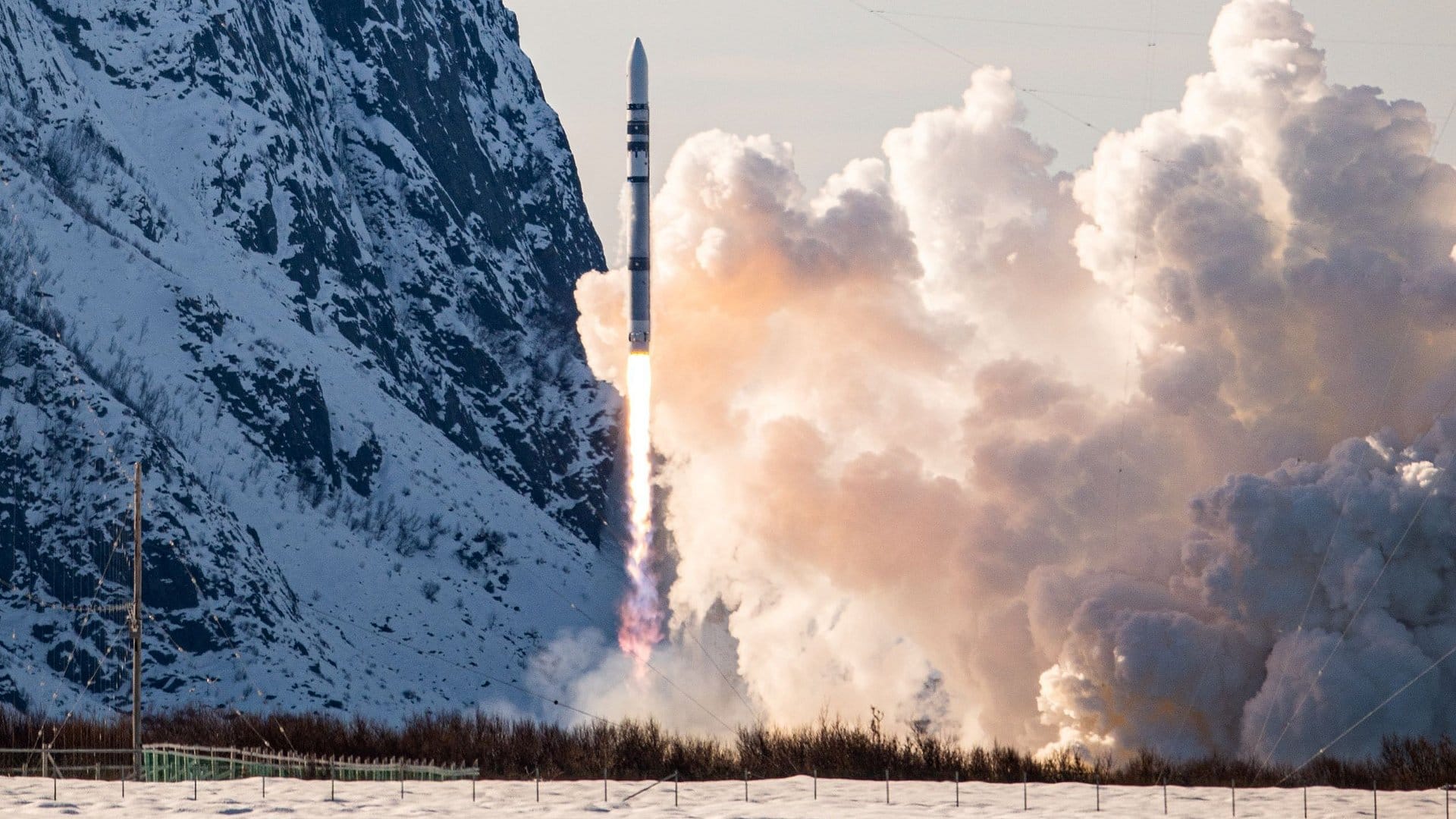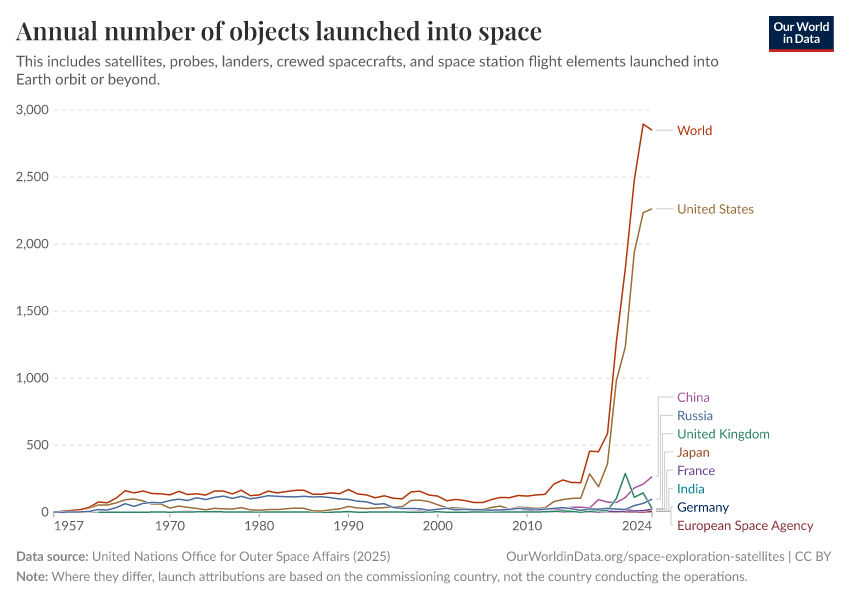Isar Aerospace, and why you should keep an eye on European defense

Editor’s Note: First and foremost, this is not a politically charged write-up - none of our articles are. Rather, this is an acknowledgement of a change in the global geopolitical landscape, and what follows from it. The successful launch of Isar Aerospace’s rocket represents a crucial milestone for the continent’s independent access to space. In this article, we explore the significance of this event and its implications for Europe’s defense and technological sovereignty.
Regards, Nikita
In his 1992 book, Francis Fukuyama proclaims the victory of western democracy as the ultimate form of government. His view of governing ideologies as an evolutionary process led him to the conclusion that following the fall of the Berlin Wall, and the dissolution of the Soviet Union, history has reached its end. "End" - of course - not in literal terms, but that the dispute of western democracy's precedence over alternative forms of government had been settled once and for all. Surely no rational actor would try and challenge that belief.
The 21st century, however, tells a different story. The long stretch of (relative) peace that followed the end of the Cold War has been disrupted by the Russian-Ukrainian war and reignited tensions in the Middle East. In the eastern hemisphere, China's naval advances in the South China Sea and the constant tension surrounding Taiwan and its sovereignty serve as antagonists for Fukuyama's proposition of a supreme political form and its military dominance.
Important disclaimer: I am not suggesting that global peace had ever been reached, even if some in the western world feel so. Yugoslavia, Afghanistan and Iraq are just some of the many war zones that have existed throughout the century, and their significance shall not be diminuted. Currently, however, we are experiencing tensions not just between states, but between governing ideologies - a conflict akin to that of the Cold War, and one which Fukuyama deemed fully resolved.
In light of this global tumult, the newly elected Trump 2024 government has adopted a critical stance toward military cross-subsidization of NATO states, cutting financing and limiting defense supplies exports to Europe, prompting the EU to rethink their approach of dealing with military risks happening across their borders. One after another many European states set up their own defense funds, and formed coalitions with their neighbors to ensure protection, in case the U.S. would ever turn their back. Abundant deployable capital and a newly realized urgent need formed a breeding ground for domestic innovation - an opportunity which many well-positioned, talent- and ambition-rich entrepreneurs seized. As part of this trend, space technology has emerged as a key area of focus.
Isar Aerospace, founded in 2018 and seated in Munich, is a private German space company aiming to provide cost-effective and flexible access to space, competing with global players like SpaceX and Rocket Lab. March 30th, 2025 saw the first successful launch of its latest rocket "Spectrum", marking a significant achievement for Europe’s space ambitions. Lifting off from Andøya Spaceport in Norway, the rocket successfully entered upper layers of the atmosphere before turning around in an organized flight termination maneuver, crashing in the icy surrounds of the spaceport.

Why the Isar Aerospace Launch Matters
The launch of Isar Aerospace’s rocket is a pivotal development for several reasons:
- Strategic Autonomy: Europe has historically depended on international partners, such as the U.S. and Russia, for satellite launches. A successful domestic launch capability reduces this dependency and ensures greater control over critical infrastructure. In a world in which Europe cannot fully rely on the backing of the United States, ensuring autonomy becomes paramount to safeguard the continent, should Big Brother decide to align with potential aggressors.
- Economic Growth and Innovation: The European private space sector has seen rapid growth, with Isar Aerospace leading the charge. This launch bolsters the confidence of investors and policymakers in the potential of homegrown aerospace technology. The continent possesses research facilities and a stock of highly capable and supremely educated engineers. What was missing until now, was the incentive for them to consider European aerospace technology as a viable career path.
- Military and Security Applications: The ability to deploy satellites for defense purposes, including reconnaissance, communication, and early-warning systems, is a crucial aspect of modern military preparedness. As global powers such as the United States, China, and Russia continue to invest heavily in space capabilities, Europe’s push to develop its own launch vehicles is a strategic move towards greater autonomy in defense and intelligence operations. A European launch capability ensures that these assets can be deployed rapidly and securely, further contributing to Europe's military sovereignty.
- Competitiveness in the Global Space Race: The space industry is becoming increasingly competitive, with companies like SpaceX and Rocket Lab setting new standards. Isar Aerospace’s successful launch places Europe on the map as a serious contender in the commercial space sector. While the iterative process is further along in the former two companies, history has seen plenty of underdogs and late-entrants being able to capitalize off the lessons learned by the big fish, to bypass costly mistakes of their own.

Looking Ahead
The successful launch of Isar Aerospace’s rocket represents more than just a technical achievement; it is a statement of Europe’s growing ambitions in defense and space. As European nations continue to ramp up defense spending and technological investment, two things are certain: (1) Space travel is in for an exciting time, and (2) European defense is an industry to keep an eye out for. Future collaborations between governments and private firms will be instrumental in building a robust European space industry, hence European prime giants such as Rheinmetall, Airbus and BAE, as well as rising stars akin to Helsing, Destinus and Isar Aerospace, among others, can expect more funding, and steadily rising B2G demand.
For Isar Aerospace more launches are on the horizon, helping Europe to position itself as a key player in the new space age—one where strategic autonomy, security, and innovation go hand in hand. The glass ceiling for European Space has been shattered, and ESA's (European Space Agency) Boost! program, funding space-focused start-ups is bound to receive plenty more applicants in the coming years.

